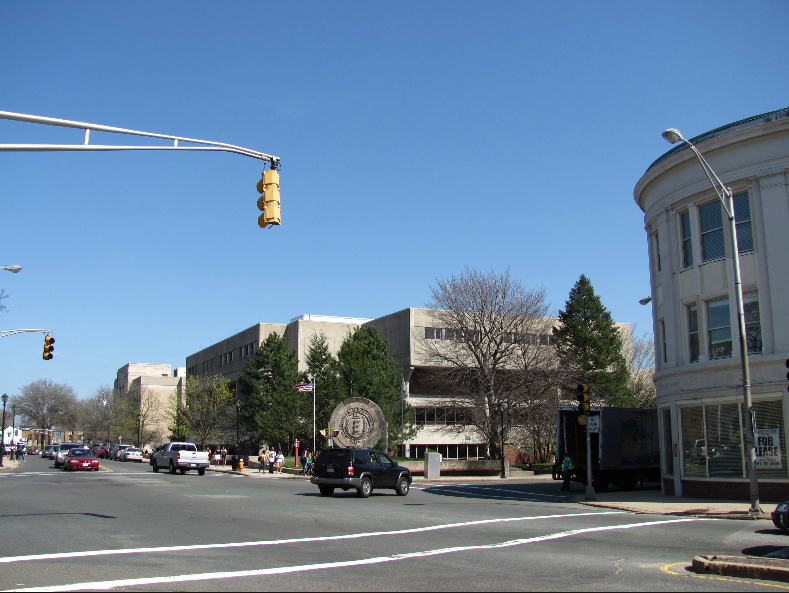
There’s a race for school committee in Ward 3 Malden that is sending a signal about the direction of Massachusetts politics. Candidate Mekka Smith, chief of staff of charter school operator KIPP Massachusetts, is running away in the money race. And she’s doing it with backing from the Dark Money/Privatization Industrial Complex.
The money in this case isn’t hidden although it does involve a few of the reluctant stars of Families for Excellent School’s dark money disclosures from the 2016 charter school ballot question. Andrew Balson of Newton, who invested $100,000 in FES’s scheme, gave $1,000 to the Malden candidate. Charles Longfield, who posted $650,000 to FES’s secret stash, gave $250 to Ms. Smith. In 2016 he also gave $25,000 to Great Schools Massachusetts and $100,000 to the pro-charter Campaign for Fair Access to Quality Public Schools ballot committee. And along with the Walton family, the Longfield family funds Massachusetts Parents United (see here and here), whose state director occupied the same role for Banned-in-Boston Families for Excellent Schools.
The total amount invested by KIPP, including loans Ms. Smith made to herself, is $3,950. Individuals affiliated with Teach for America (backed in Massachusetts by Strategic Grant Partners) have contributed $1,500. Charter school backer and venture capitalist Arthur Rock of San Francisco contributed $500.
Candidate Smith raised $14,966 as of October 20. Excluding funds she has lent to her own campaign, she has raised $425 from Malden. Thus Malden residents have been outspent by investors from San Francisco, New York, Atlanta, Newton, Cambridge, Boston, and Summit, NJ. And also of course by KIPP and TFA.
School committee races, especially ones for a small area like a ward, are usually sleepy little affairs funded by friends and family. But they have become of interest to investors who can tip a race with relatively small sums of money. This has been happening all over the country.
Local races are part of the strategy of Stand for Children (another Massachusetts offspring of Strategic Grant Partners). Stand was active on an anti-union ballot measure in 2011-12 and the Connolly for Mayor campaign in 2013, but then receded as FES did the heavy lifting in 2015-2016. But with FES Advocacy getting the death penalty from Office of Campaign and Political Finance, lo and behold, Stand for Children is revived.
Let’s take it back to the local level. According to a fawning Boston Globe column in 2011 titled “Group brings new savvy to ed debate” Stand for Children “ran 65 candidates for Framingham Town Meeting in a recent election, picking up about 40 seats. Now the group is considering endorsements in the Worcester School Committee race, and might even run candidates of its own.”
Consider the job description Stand for Children is using right now in its search for a Massachusetts State Organizing Director:
the Statewide Director will ensure we have a solid ongoing presence in targeted locations to impact state policy decisions and elections and, where relevant, local policy decisions and elections. . . . The State Organizing Director oversees making sure the organizing plan creates a long-term, grassroots infrastructure capable of executing direct impact, issue and electoral campaigns. (my emphasis)
This is the direction of Massachusetts politics, from statewide ballot races to ward races for school committee to town meeting. It’s bigger than you think. And it only starts with schools.
The Washington Post recently adopted a new slogan: “Democracy dies in darkness.” I agree.
[Full disclosure: as an educator in the UMass system, I am a union member. I write about dark money (and other things). I don't write about education policy.]

